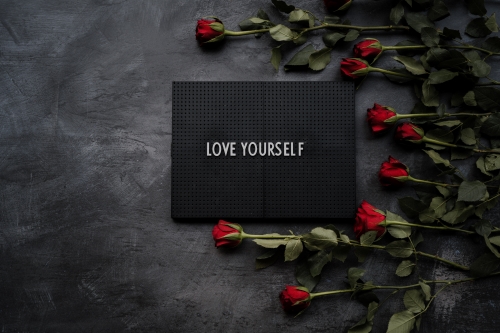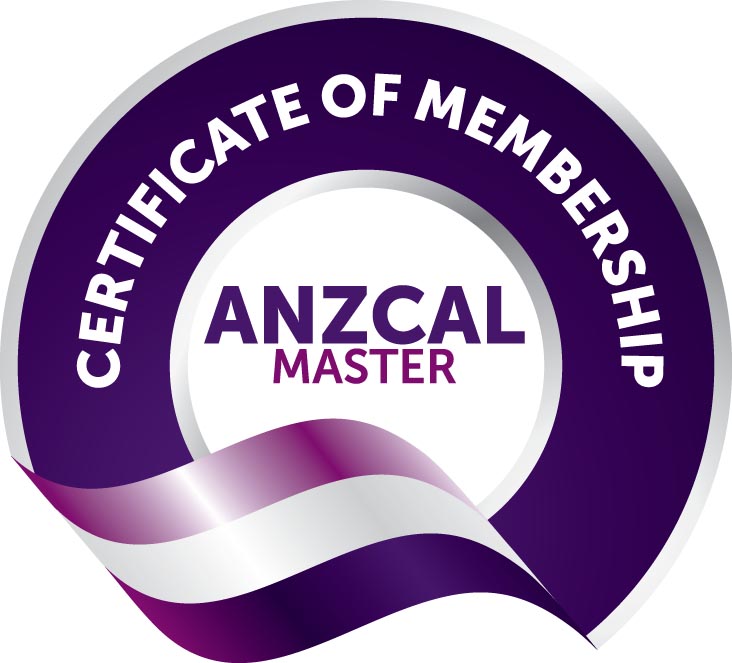Early childhood educators are leaders who have the influence, authority and responsibility to create a positive learning environment for children, families, colleagues and themselves. They also face many challenges and demands that can cause stress and burnout, which can affect their physical, mental and emotional health, as well as their performance and relationships. Therefore, it is important for early childhood educators to practice personal leadership and self-care; to manage their stress and avoid burnout.
Personal Leadership
Personal leadership is the ability to lead oneself by setting goals, making decisions, taking actions and reflecting on outcomes. It involves having a clear vision, values, and purpose, as well as being accountable, adaptable, and resilient. Personal leadership can help early childhood educators to:
- Enhance their professional development and effectiveness
- Align their own practice with ethical standards and best practice
- Advocate for themselves, their students and their profession
- Inspire and influence others positively
Strategies to practice personal leadership include:
1. Set realistic and specific goals.
Identify what you want to achieve as an educator and how you will measure your progress. Break down your goals into smaller and manageable steps that you can accomplish within a certain time frame. Monitor your progress and adjust your actions as needed. Reward yourself for reaching your goals or milestones.
2. Seek feedback and support.
Ask for constructive feedback from your supervisors, mentors, peers or students on your performance and areas for improvement. Use feedback as an opportunity to learn and improve, instead of seeing feedback as a criticism or a threat. Seek support from others when you face challenges or difficulties. Join a professional network or community of practice where you can share ideas, resources and experiences with other educators.
3. Engage in continuous learning.
Keep yourself updated on the latest research, trends and innovations in early childhood education. Attend workshops, webinars, conferences or courses that enhance your knowledge and skills. Read books, articles, blogs or newsletters that inform your practice. Seek new opportunities or challenges that expand your horizons.
4. Reflect on your practice.
Take time to think about what you do well and what you can do better. Identify your strengths and areas for improvement. Celebrate your successes and acknowledge your efforts. Learn from your mistakes and failures. Seek feedback from others or use tools such as journals, portfolios, or videos to document your reflections.
Self-Care
Self-care is the act of taking care of one’s physical, mental, and emotional health by engaging in activities that promote wellbeing, balance and happiness. Self-care can help early childhood teachers and leaders prevent or reduce stress, burnout and compassion fatigue, as well as enhance their energy, motivation and creativity. Practicing self-care strategies can also help early childhood teachers and leaders role model healthy behaviours for children, families and colleagues.
Strategies to practice self-care include:
- Eat a balanced diet that provides adequate energy and nutrients for the day. Include a variety of fruits, vegetables, whole grains, lean protein and healthy fats in your meals and snacks. Avoid skipping meals or overeating, and limit your intake of processed foods, added sugars, salt, and alcohol.
- Engage in physical activity that suits your preferences and abilities. Aim for at least 150 minutes of moderate-intensity aerobic activity or 75 minutes of vigorous-intensity aerobic activity per week, as well as muscle-strengthening activities on two or more days per week. Physical activity can help you maintain a healthy weight, improve your cardiovascular health, strengthen your muscles and bones, reduce stress and enhance your mood.
- Get enough sleep every night. Adults need about seven to nine hours of sleep per night to function well during the day. Lack of sleep can impair your cognitive performance, mood, immune system and metabolism. To improve your sleep quality, follow a regular bedtime routine, avoid caffeine, nicotine, and alcohol before bed, limit your exposure to light and noise at night, and keep your bedroom comfortable and dark.
- Avoid or quit smoking and other tobacco products. Smoking is harmful to your health and increases your risk of various diseases such as cancer, heart disease, stroke and chronic obstructive pulmonary disease. Quitting smoking can improve your health and wellbeing in many ways, such as lowering your blood pressure, improving your lung function, reducing your stress levels and saving you money.
- Engage in hobbies or interests that bring you joy, relaxation or fulfillment. These can be anything that you enjoy doing, such as reading, writing, drawing, playing music, gardening, cooking or volunteering. Hobbies or interests can help you express yourself, stimulate your creativity, and connect with others. They can also provide a break from work-related stress and a sense of accomplishment.
In conclusion, personal leadership and self-care are important skills for early childhood educators to practice. These skills can help to create a positive learning environment for children, families, colleagues, and themselves and as well as helping with stress management and burnout prevention.
By practicing personal leadership and self-care skills and strategies, early childhood teachers and leaders can enhance their professional development, wellbeing and effectiveness.
© Gaynor Clarke, August 2023
Gaynor Clarke
B.Ed (Teaching), Cert Tertiary Teaching, PGDip Ed, MEd Leadership
Reach. Teach. Lead.
Reach Education Ltd
Teacher Leadership Mentoring and Life Coaching. Personal and Professional Development.
Gaynor is a teacher educator and mentor facilitating personal & professional leadership wellbeing outcomes for teachers.
If you are an early childhood teacher or leader looking to enhance your leadership skills, I would love to work with you. As a leadership mentor and coach, I specialize in helping early childhood educators develop their leadership potential and make a positive impact for the ākonga they serve. If you are interested in learning more about my leadership mentoring services, please visit my website or contact me directly to schedule a consultation. I would love to work with you!
References:
Preventing Compassion Fatigue: Caring for Yourself | NAEYC. https://www.naeyc.org/resources/pubs/yc/jul2020/preventing-compassion-fatigue.
The Role of Self Care in Early Childhood Education – Possibilities ECE. https://www.possibilitiesece.com/blog/2021/6/1/the-role-of-self-care-in-early-childhood-education.
Leadership: An Introduction to Leadership Skills in Early Childhood …. https://openoregon.pressbooks.pub/eceleadership/chapter/leadership-an-introduction-to-leadership-skills-in-early-childhood-care-and-education/.








Leave a Comment
You must be logged in to post a comment.